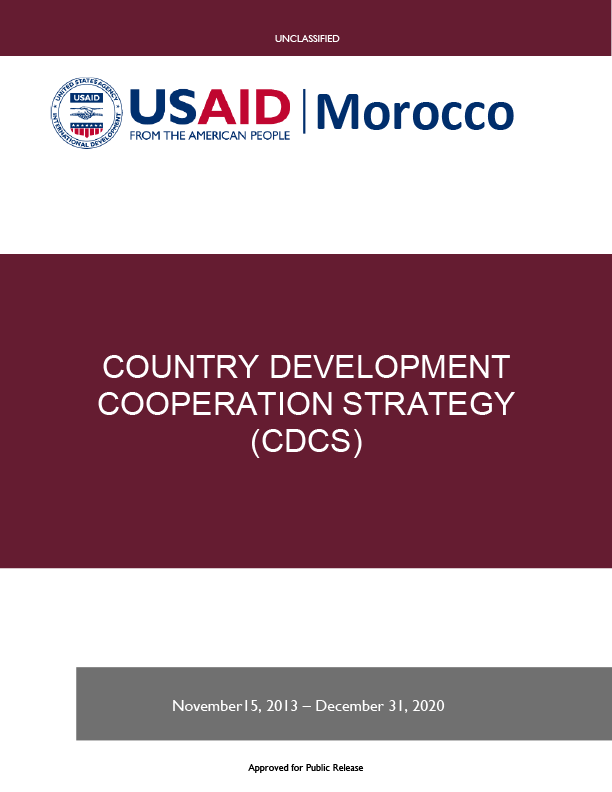Speeches Shim
On April 2, 1957, the United States and Morocco signed an agreement which commemorated the beginning of U.S. economic assistance to Morocco. Since then, USAID investments in water and irrigation contributed to the construction of the Mohammed V and Mechra Homadi dams, transforming thousands of hectares of semi-arid wasteland in the Oriental Region into productive use. As the Ministry of Health’s principal partner in family planning, maternal and child health for over 30 years, USAID has supported Morocco in lowering maternal mortality rates and improving child survival. Investments in microfinance and urban planning resulted in access to credit for thousands of entrepreneurs and infrastructure improvements to urban neighborhoods in Northern Morocco that modernized communities while maintaining the traditional social fabric.
Today, Morocco remains a stable Monarchy and vital ally to the Unites States. Since taking the throne in 1999, King Mohammed VI introduced various reforms, including the creation of a reconciliation commission on past human rights abuses; enhanced status and rights for women; and economic reforms intended to increase foreign direct investment. The United States and Morocco share a cooperative bilateral relationship built on recent achievements, such as the U.S.-Morocco Free Trade Agreement, U.S.-Morocco Science and Technology Cooperation (S&T) Agreement, the Millennium Challenge Cooperation Compact and significant non-NATO security cooperation. On September 13, 2012, the U.S. Secretary of State and the Minister of Foreign Affairs and Cooperation for Morocco launched the Morocco-U.S. Strategic Dialogue, one of only six such bilateral agreements in existence. As a formal institutionalized framework, the Strategic Dialogue establishes and enhances ongoing collaboration on political, economic, security, education and human rights issues.
Reflecting a long history of collaboration and partnership, the USAID Country Development Cooperation Strategy is a focused plan to work side-by-side with the Moroccan Government, civil society and the private sector to enhance progress towards key reforms. The Government of Morocco (GOM) responded to the Arab Spring by reforming the constitution and laying out an ambitious agenda of political, economic, and social reforms. Implementing this reform agenda, while maintaining stability and security throughout the country, is of utmost importance. The United States seeks to help the GOM achieve its stated reform goals and respond to the needs of Moroccan citizens. USAID/Morocco’s goal for the 2013 – 2017 strategy is to advance Moroccan initiatives for peaceful reform. This goal will be achieved through the following development objectives:
- DO 1: Employability of target youth enhanced
- DO 2: Increased civic participation in governance
- DO 3: Enhanced educational attainment for children at the primary level
Developed in consultation with the GOM, international donors and other USG agencies, this strategy will help foster greater employment, wider civic participation, and a better-educated population. While Morocco has made substantial progress on a number of human development index indicators, an under-employed workforce, a general lack of trust between civil society and government, and poor education attainment continue to hinder inclusive growth. However, a reformist constitution and strong political will have positively positioned Morocco for accelerated progress towards development goals.



Comment
Make a general inquiry or suggest an improvement.